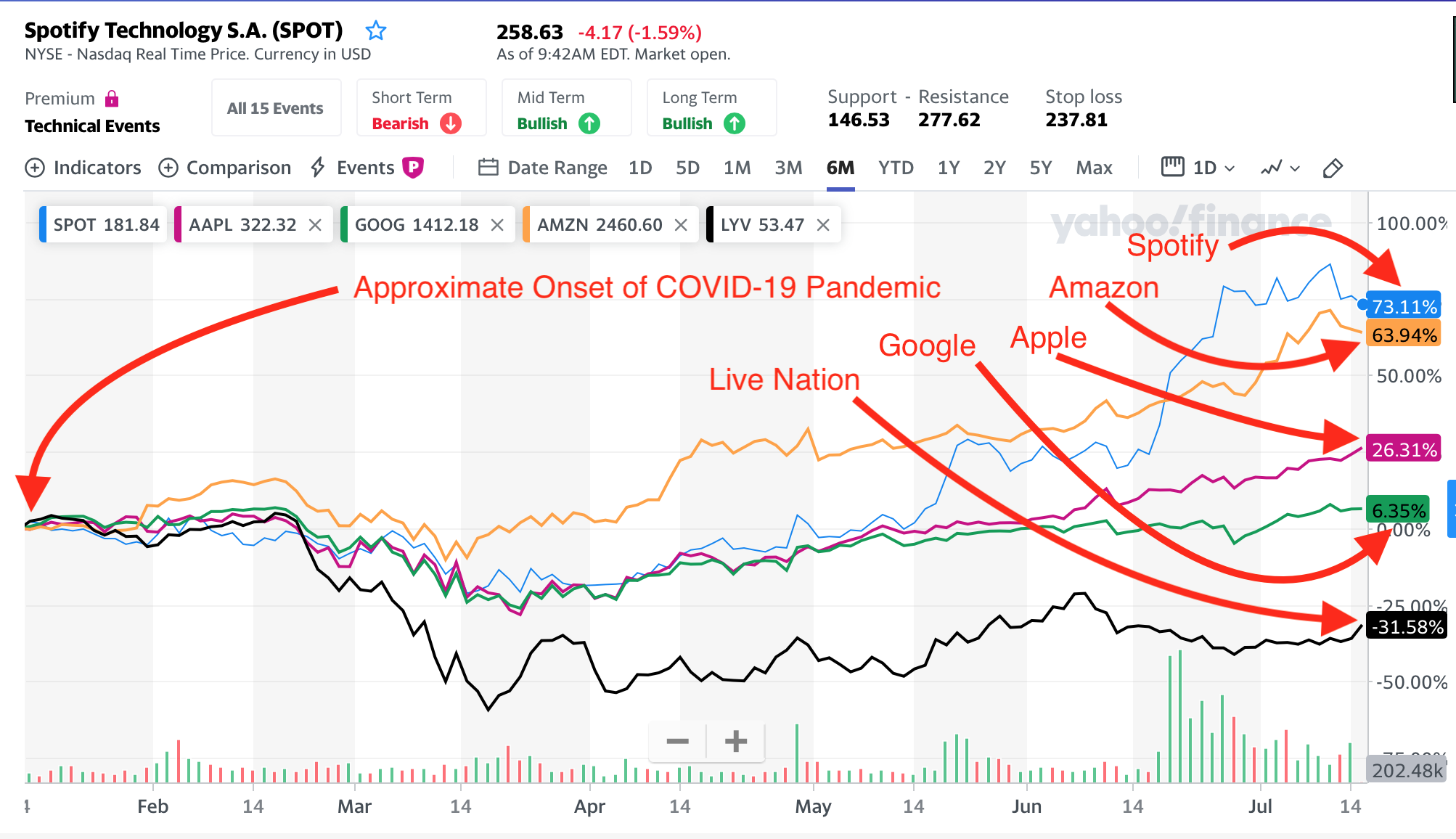According to some good news in Fast Company, Universal Music Group has announced that “the first three locations for the music-focused hotel partnership with Dakia U-Ventures are Atlanta, Orlando, and Biloxi, Mississippi.”
These locations will be pretty massive music-themed hotels under the UMUSIC hotel brand and at least one casino built around live music venues and integrated into the local music culture in Atlanta, Orlando, and Biloxi, Mississippi.
At first blush, the venture may look like the Hard Rock chain, but as someone who remembers the Hard Rock when it was a kind of cheesy bar in Mayfair where the lads went to make new friends, the project is well above that rather low bar so to speak. Frankly, the Hard Rock franchise was never a place that seemed more welcoming to music than it was to tourists (or perhaps the AVN Awards). (“Look, mommy, there’s a musician! Can we feed him?”) The Universal venture looks far more sophisticated with a far more thoughtful integration of music into the brand and the local music economy. And, of course, with a much, much bigger on-site investment.
You may be asking why would anyone invest in hotels during a pandemic and that is exactly the question. It takes a certain fearlessness and optimism to undertake this venture. Another good thing about the project is that it will be in a different end of the market than typical local venues. If anything, once we get to the other side of the lock down the UMUSIC hotels will complement and even drive business to the local venues if typical festival economics is a guide.
Given the scale of the plans, it will take years to complete the project and open for business. Right away, this tells you that these are patient investors who are making a very big bet on the future of live events and especially the future of live music.
Of course, what I like most about the project is that the venues are not being built in New York, Nashville or Los Angeles and are locating in areas that have rich music cultures away from the “centers”. I don’t know that this was part of the planning, but after the lockdown it will take a while for fans to be willing to travel long distances to experience live music, so why not bring it to the fans. (You could make the argument that all three of the proposed locations are within driving distance of a major megaregion.)
The Universal project should also be a big message to Congress that the Save Our Stages movement is not a bunch of hippies they can ignore. It should also be a message to people like the Mayor of Austin that you cannot just shut down an event like SXSW that contributes over $300 million in economic impact to your city with no plan to make up the vast amount of harm they inflict from a single government action–other than turning independent venue spaces into Uber Eats. Eight months later, they still have no plan, and frankly I don’t see any other “music city” stepping up either. Which is no excuse for any of them, but makes the UMUSIC hotel project even more important.
Live music is as deserving of strategic industrial planning as is competing for an Amazon facility or a Tesla plant, and we should thank Universal for their leadership in putting together the optimistic partnership that highlights that reality–even for the dim lights in the Live Music Capitol of the World.
A long term commitment to live events and the infrastructure that supports a live music culture is desperately needed now. It’s fitting that a music company puts together the private investment to show the rest of the public and private sectors the good news that we are coming back and that the bad news is wrong. And guess what? It’s not digital.
